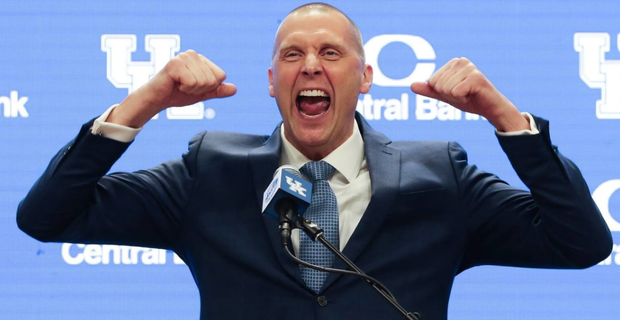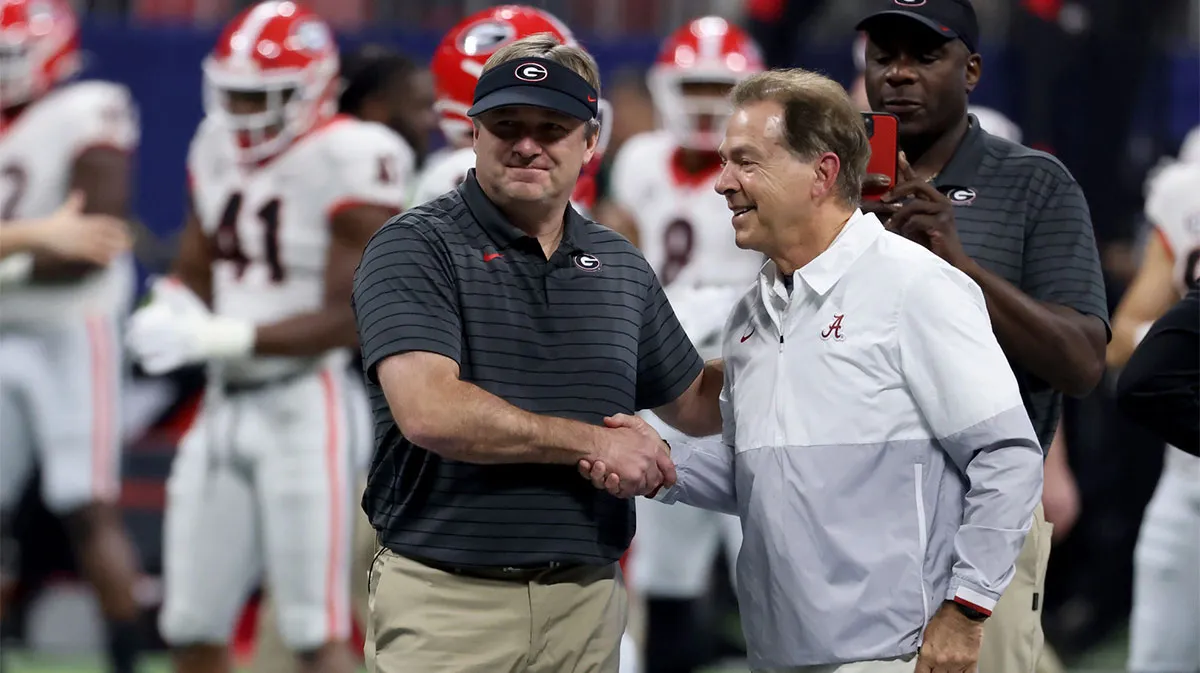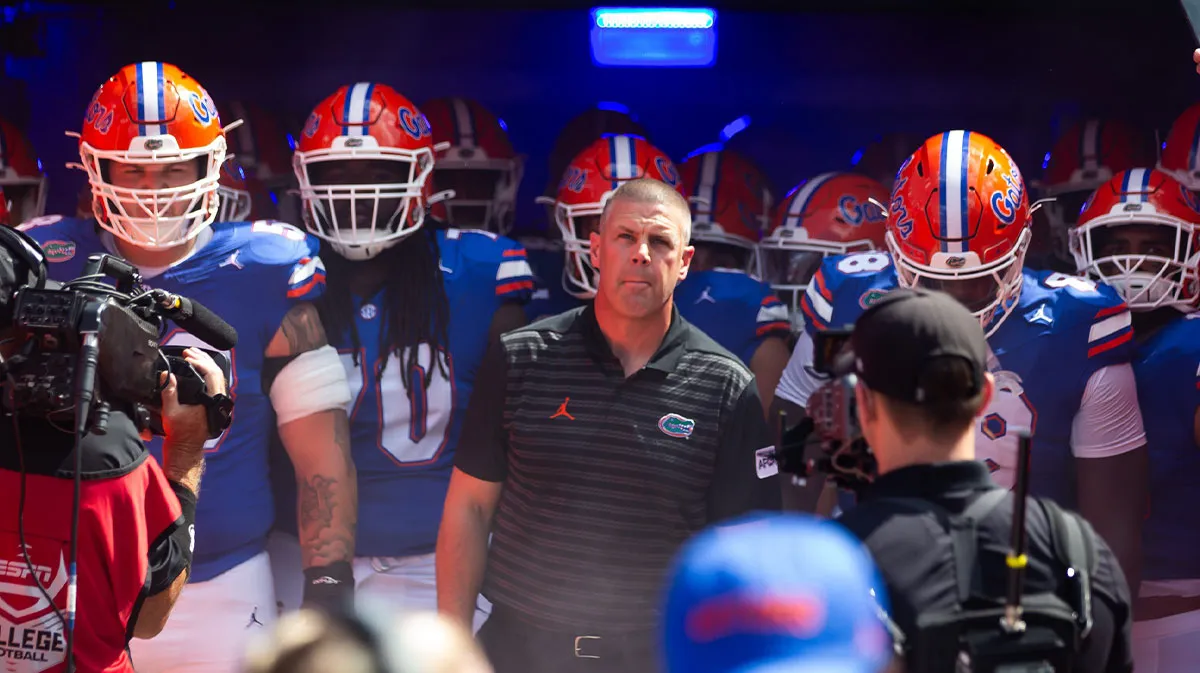When major commitments occur, it often triggers a chain reaction, influencing the recruitment of other prospects and the strategies of various schools.
When five-star guard Jasper Johnson committed to Kentucky on Thursday afternoon, head coach Mark Pope and the Wildcats immediately secured a key scorer and offensive threat for their 2025 backcourt. This decision compels schools like Alabama and North Carolina to refocus their recruiting priorities.
When major commitments happen in college basketball recruiting, they often trigger a ripple effect across the landscape, especially when a high-profile prospect like a five-star player commits. This can shift the recruiting dynamics for other prospects, schools, and even entire regions. Let’s break it down:
The Domino Effect in Recruiting
When a high-caliber recruit, such as a five-star guard, makes a decision, it not only benefits the school that secures their commitment but also creates ripple effects that impact other programs’ recruiting strategies. These schools may have been targeting the same player or had built their recruiting boards around the possibility of landing them. Now, they must adjust their focus, shifting resources and attention to different prospects who are still available.
For the players themselves, the commitment of a fellow recruit can influence their own decisions. A top prospect may prefer to play alongside certain recruits to improve their chances of winning, or alternatively, they might avoid committing to a program where playing time could be harder to secure due to other talent already committed.
Jasper Johnson’s Commitment to Kentucky
On Thursday afternoon, five-star guard Jasper Johnson announced his commitment to the Kentucky Wildcats for the 2025 class. This was a significant win for Kentucky and head coach Mark Pope. Johnson, known for his scoring ability and offensive versatility, immediately becomes a crucial part of Kentucky’s future backcourt. The Wildcats were able to land a premier scorer, whose combination of shooting, ball-handling, and decision-making sets him apart as a dynamic offensive weapon.
Johnson’s skill set fills a critical need for Kentucky, allowing them to bolster their backcourt with an elite playmaker capable of playing both guard positions. His ability to create his own shot and facilitate the offense makes him a key building block for Kentucky’s 2025 recruiting class, and his commitment is likely to help attract other top talent, further boosting Kentucky’s recruiting profile.
Impact on Alabama and North Carolina
However, Johnson’s decision to choose Kentucky has immediate consequences for other programs, particularly Alabama and North Carolina, which were also heavily recruiting him. Both programs had invested time and resources into Johnson’s recruitment, hoping to add him to their backcourt for the 2025 season. Now, with Johnson off the board, they must pivot quickly to other prospects to fill that void.
Alabama and head coach Nate Oats may now prioritize other guards or combo guards in the class of 2025, potentially ramping up their efforts with players they had already targeted as backups or shifting their recruiting board entirely to focus on new prospects. Similarly, North Carolina and head coach Hubert Davis will need to adjust, either by accelerating their recruitment of other guard targets or looking to bring in another five-star caliber player to keep pace with programs like Kentucky.
In both cases, these programs are forced to act quickly, as the recruiting landscape is competitive, and losing out on one top target can create a sense of urgency to lock down others before they also commit elsewhere.
Recruiting Momentum for Kentucky
Johnson’s commitment also helps Kentucky build recruiting momentum. In basketball recruiting, high-profile commitments can serve as a magnet for other elite players, especially when those players see the potential to join forces with a fellow five-star prospect. As Kentucky continues to build its 2025 class, Johnson’s presence could entice other top recruits to join what could become one of the most talented classes in the country. It also allows Kentucky to shift its focus to other key targets, knowing they have already secured one of the most important pieces for their future backcourt.
In summary, when a player like Jasper Johnson makes his college decision, it has wide-ranging effects. While Kentucky benefits immediately by adding a star player, programs like Alabama and North Carolina must react swiftly to maintain their own recruiting success. This domino effect is a hallmark of college basketball recruiting, where every commitment can shift the balance of power among the nation’s top programs.



